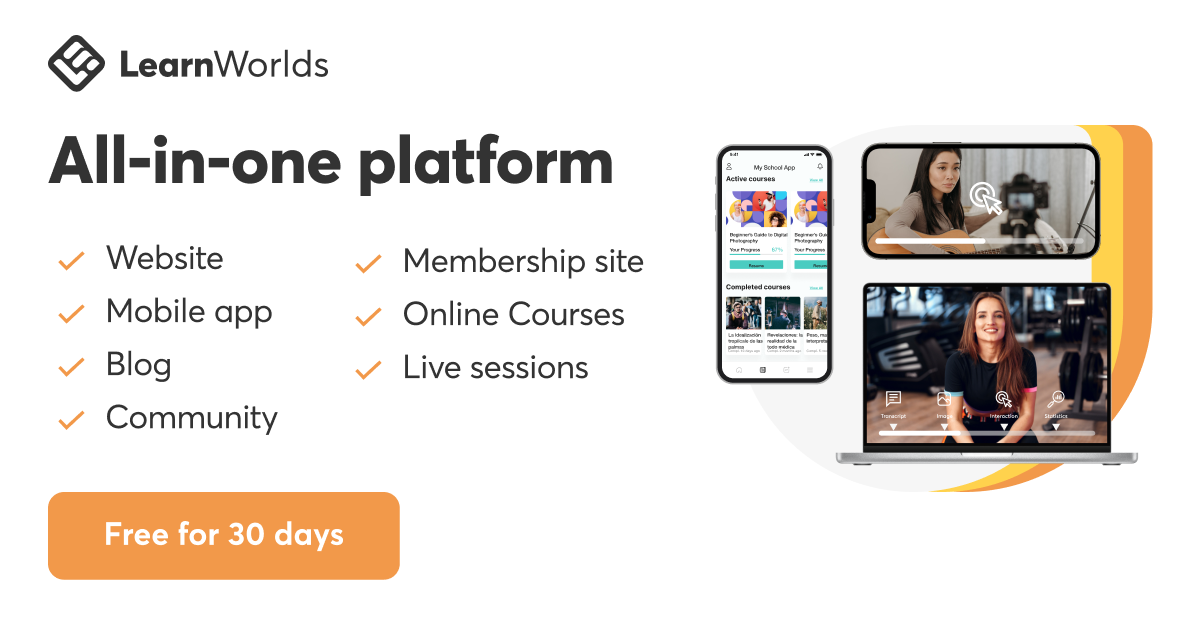The future of online education holds immense potential and transformative possibilities. As technology continues to advance and connectivity becomes more accessible, online education is poised to revolutionize how we learn and acquire knowledge. Here are a few key aspects that shape the future of online education:

Increased Accessibility:
Online education allows learners to access a wide range of courses and programs regardless of their geographic location. It breaks down barriers by providing flexible learning opportunities for individuals who may have limited access to traditional educational institutions.
Personalized Learning:
Online platforms have the capability to adapt and personalize learning experiences based on individual student needs. Artificial intelligence and data analytics can enable personalized learning paths, tailored content, and adaptive assessments to optimize learning outcomes and engagement.


Life long Learning and Skill-Upgrading:
Online education promotes continuous learning throughout one’s life. It offers the flexibility to upgrade skills, acquire new knowledge, and stay up-to-date in rapidly evolving fields. Professionals can engage in life long learning to advance their careers and remain relevant in a dynamic job market.
Interactive and Engaging Content:
Online education is moving beyond static textbooks and monotone lectures. Cutting-edge technologies such as virtual reality (VR), augmented reality (AR), gamification, and interactive simulations enhance student engagement, making learning more immersive, interactive, and enjoyable.


Global Collaboration and Networking:
Online learning enables learners from diverse backgrounds and locations to collaborate, exchange ideas, and engage in group projects. It fosters a global community of learners, facilitating cross-cultural understanding and collaboration on a scale previously unimaginable.
Blended Learning Approaches:
The future of online education will likely involve a blend of online and in-person experiences. Hybrid models that combine online instruction with hands-on practical training will provide a comprehensive and well-rounded learning experience.


Microlearning and Bite-sized Content:
The rise of microlearning, with short, focused lessons and modular content, allows learners to acquire knowledge in bite-sized chunks at their own pace. This format supports better retention and enables learners to fit learning into their busy schedules.
Continuous Innovation:
Technology and educational practices will continue to evolve, and online education will be at the forefront of this innovation. From AI-powered adaptive learning platforms to blockchain-based credentials and immersive virtual classrooms, the future will bring exciting advancements that further enhance the online learning experience.

In summary, the future of online education is dynamic, learner-centric, and highly accessible. It will continue to empower individuals to pursue education, acquire new skills, and engage in lifelong learning journeys for personal and professional growth.



Leave a Reply